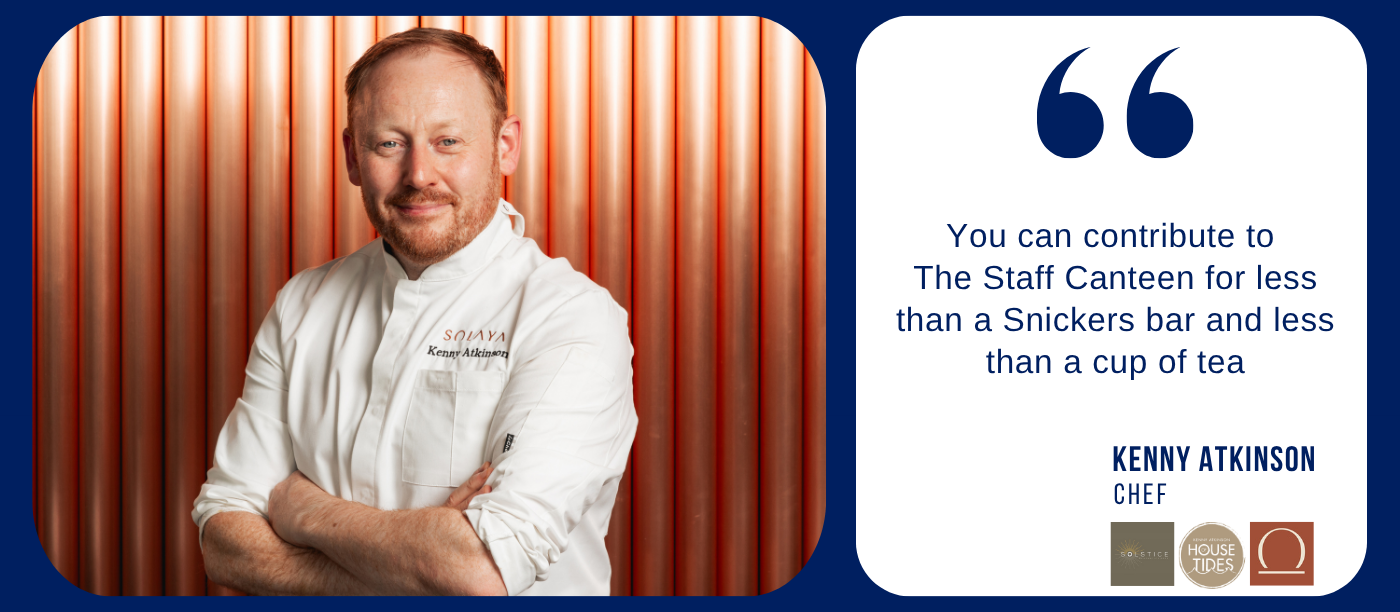Lager is the most popular variety of beer in the UK but recent figures suggest this could all be about to change. According to Mintel, the market researcher, sales of lager fell from £12.7bn in 2006 to £11.4bn in 2011.
Lager has become such a staple of the British social life it seems bizarre to think it could be on the wane. Yet, rarely has a product consumed by so many been so widely ridiculed.

Lager has long been despised by ale connoisseurs who associate its rise with a decline in real ale production. According to Roger Protz, editor of the Campaign for Real Ale’s (CAMRA) ‘Good Beer Guide’, the British appetite for lager really took off in the early 1970’s:
“In those days all bitter was cask-conditioned and had to be consumed within a few days of reaching the pub,” he said. “Lager could be kept for longer, and the big brewers saw an opportunity.”
“Also, young people from working-class backgrounds were going abroad for the first time and trying new beer. Lager appealed to them because it was refreshing, new and quite exotic. To many, ale was something their parents drank."
However, in recent years real ale has enjoyed a small revival. Darker cask ales have boomed in popularity and there are now over 1,000 microbreweries in the UK which, according to CAMRA, is the highest number for 70 years.

Lager drinkers, it seems, are increasingly becoming a source of derision. Despite Stella Artois’ attempts to brand itself as a suave and sophisticated alternative to traditional beer, it cannot shake off the somewhat less inspiring ‘wife beater’ reputation. Hobgoblin, the dark ale, recently ran an advert asking: “What’s the matter lager boy? Afraid you might taste something?” Mass produced lager from the giants of the industry is increasingly being associated with a bland taste and loutish behaviour.
Cider has been the main winner at lager’s expense. Volume sales grew by 24% between 2006 and 2011. Mintel has noted that, with the advantage of a lower rate of tax, cider has become lager’s equal particularly amongst youngsters. Jonny Forsyth, one of Mintel’s senior drinks analysts, said:
“Cider has been particularly successful at attracting younger drinkers from the ailing lager category, as well as from alcopops and wine due to a combination of impressive innovation and marketing nous.”
For years, lager has been marketed to a predominantly male audience. From 1969 to 1991, Scottish brand ‘Tennent's’ adorned models on their cans known as

‘lager lovelies’. The lager lovelies eventually succumbed to changing attitudes but even today we see ‘laddish tones’ in adverts for the likes of Fosters and Carlsberg.

Male orientated marketing has served lager well and made it comfortably the most popular variety of beer in the UK. Still, its predominantly masculine appeal may account for lager’s current malaise. More and more people choose to drink at home and couples are more likely to choose drinks they can both enjoy.
"Men seem to drink differently in the pub compared to the home," Jonny explained. "At home it's about sharing, opening a bottle together, and lager has never been marketed that way."
Melissa Cole, author of the ‘Let Me Tell You About Beer’ blog, goes further:
"The big lager brewers have utterly shot themselves in the foot with their exclusive and quite sexist marketing," she says. "They excluded 51% of the population. Now they look cynical and greedy when they try to rectify the situation."
Mintel, however, argue that the driving forces behind lager’s recent dip are largely economic. Heavy taxation explains the rising price of beer and CAMRA has noted that up to 14 pubs are closing per week. Due to higher prices in pubs, consumers are taking advantage of supermarket offers and drinking at home. These trends are all interlinked - at home, consumers are less likely to drink lager.

Moreover, government sponsored health campaigns have resulted in Britons drinking less alcohol. Mintel has noted that, in the last five years, the UK adult drinking population has dropped from 88% to 82%. Lager, with its gassy, unhealthy and loutish image has, for many households, been the first thing to go.
Not everyone agrees that lager’s fall in popularity is terminal. CAMRA’s Roger Protz is a fan of high-quality lager and believes breweries will learn from ale’s example, winning back customers by improving quality. The success of imported premium varieties like the Czech Budveiser Budvar and Britain’s very own Camden Town Brewery pay homage to this view.
These observations are unlikely to occur to the many drinkers in pubs and clubs this weekend and lager certainly looks capable of surviving a few more rounds. It is still the most popular variety of beer in the UK so we must not get too carried away but lager has lost its grip on a market that, twenty years ago, it effectively monopolised.
By Tom Evans

















